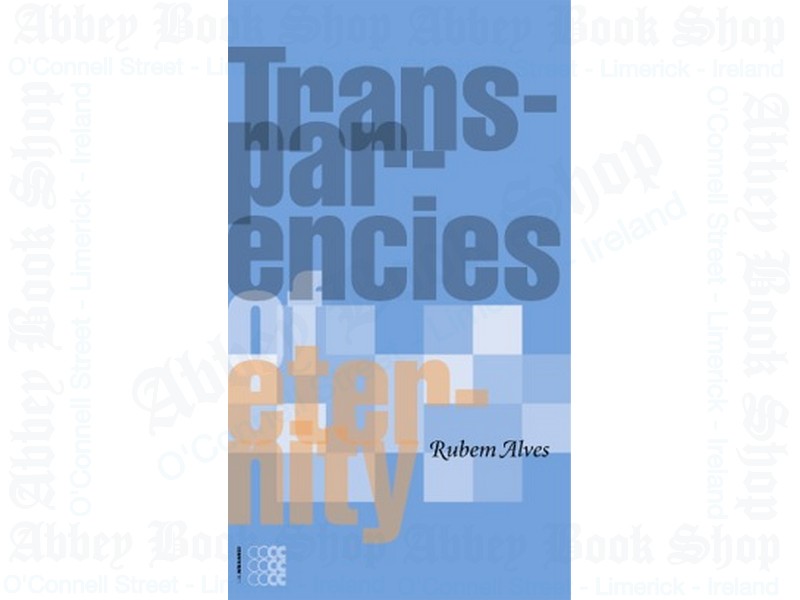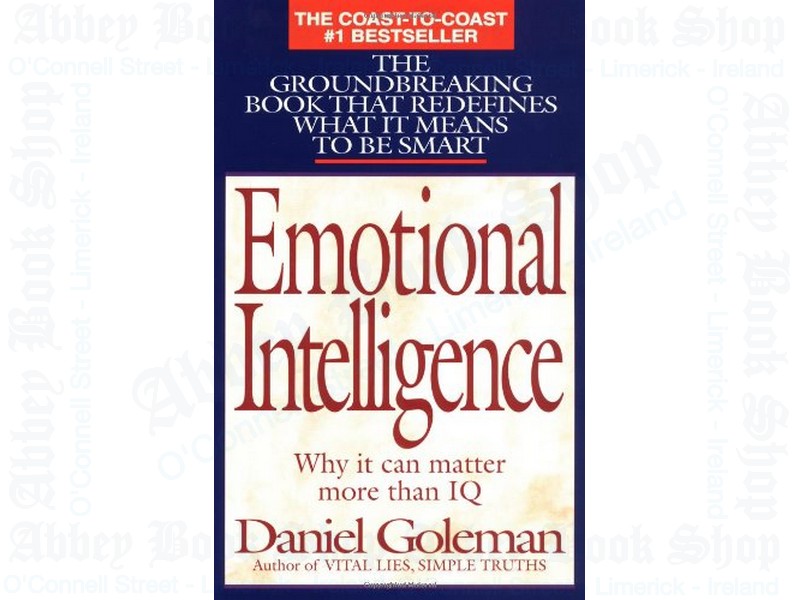Description
In 1948, at the dawn of his country’s independence, Mohandas Gandhi, father of the Indian independence movement and a beloved prophet of nonviolence, was assassinated by Hindu nationalists during a prayer meeting in New Delhi. Ostensibly the conspirators were enraged by Gandhi’s efforts to promote reconciliation between Hindus and Muslims. But were they also abetted by elements of the new Indian state whose power was threatened by Gandhis radical vision? Following the theme of his previous study of the JFK assassination, James Douglass shows how those who conspired to kill Gandhi hoped to destroy a compelling vision of peace, nonviolence, and reconciliation. In tracing the story of Gandhi’s early “experiments with truth” in South Africa, Douglass shows how Gandhi had early on confronted and overcome the fear of death. And, as with the case of JFK’s death, he shows why this story matters today: what we can learn from Gandhi’s simple truth and its opposition to the powers of his time.Rubem Alves, Author





Reviews
There are no reviews yet.